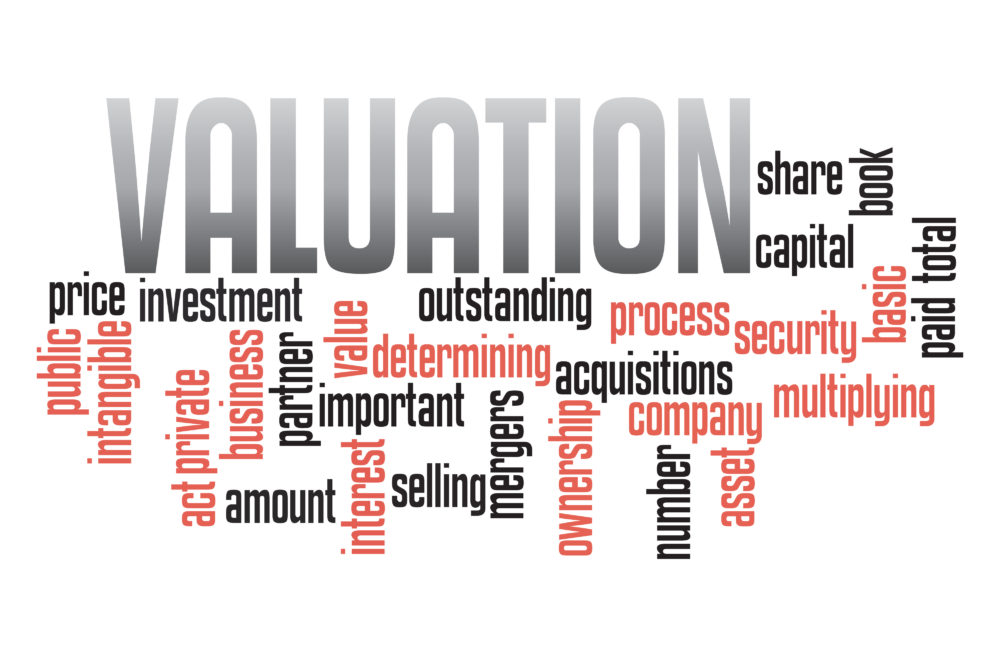When either buying or selling a business, there are several considerations which should not be taken lightly.
Whether you are selling a business that you have worked hard at and nurtured or embarking on a new journey of entrepreneurship, you should make sure that you have thoroughly researched the market.
Hopefully this article, which sets out the major steps in the business-sales process, is a good starting point.
Deciding when to buy or sell
No matter which side of the deal you’re on, timing is vital!
Sellers: Taking into account the state of the business, prospects for growth and when you want to retire or move onto your next project, timing the sale is as important as it is tricky. As a business owner, you should have been thinking about the sale of your business almost from its inception. This will help you to be prepared when the time for the sale appears.
Buyers: When to buy is part of the equation for the buyer too but is less complicated. This will mostly come down to your own personal circumstances – mostly financial.
Hiring a professional adviser
Just because you’re experienced in running businesses, doesn’t mean you’ll have the skill set – or indeed time – to oversee the process of buying or selling one yourself. Not everyone appoints a broker, but there are, despite the costs involved, persuasive reasons for doing so.
Sellers: Trying to sell your business can be a difficult task to take on when you are already running a business. You will need to keep your business running full tilt until the day you hand over the keys and trying to sell your business may take your focus away from this.
It doesn’t come for free but without professional help – in business valuation, handling and filtering enquiries, screening buyers, handling negotiations – you may struggle to find buyers or be short-changed in the deal structure.
Related: How to sell your small business through a broker
Buyers: For the buyer, a professional adviser acts as an invaluable buffer in what is an emotive process. They will also help you with paperwork and negotiations.
Preparing the business for sale
Sellers: Before you sell your business, you will need to make sure that it is prepared for the scrutiny of potential buyers. From tidying up books and records to refurbishing premises, even minor details could make the difference. These preparations will help to increase the value of your business and the speed of the sale.
Business valuation
Businesses are most often valued by a multiple of profit. Asset-based valuations, meanwhile, subtract the value of the business’s liabilities from its assets, while entry valuations ascertain what it would cost to build the business from scratch. Discounted cash flow discounts the value of cash flows over time to reflect risk. A rule-of-thumb valuation often includes elements of several methods.
Sellers: Few sellers undervalue their business and many overvalue them, either through subconscious bias or a desire to get a strong return on their efforts. There’s a simple way to avoid the distortive effects of cognitive bias: appoint an independent expert to value the business.
Buyers: Ask the seller which method(s) they used to arrive at the valuation and double check their calculations with reference to relevant financial records. And identify anything else, not accounted for in the valuation, that could make the business more or less valuable, such as disruptive consumer trends or technologies on the horizon.
Finding the right buyer/business
Neither the buyer nor seller can be sure how long this stage will take. It might be just a few weeks or could take a year or more – if you find the right business or buyer at all. Patience will be a valuable trait to have at this stage of the process.
Sellers: You might find a buyer through your own or your broker’s contacts or online.
When writing your listing online ask yourself what kind of person would be interested in your business and couch your language accordingly. Some buyers might appreciate a ‘lifestyle business’ or a ‘family business with pedigree’; others might prefer ‘plenty of repeat business’ and ‘scope for extending opening hours’.
Buyers: Looking for businesses for sale can be easier if you narrow your choice by price range, location, turnover or profit and to businesses that are freehold/leasehold, owner-financed, that include accommodation or can be run from home. Take a look at plenty of businesses to get a sense of the going rates in your market.
Due diligence and confidentiality
Due diligence is a comprehensive appraisal of the business’s assets and liabilities and its commercial potential. The period of due diligence tends to start after both parties have agreed a deal and price range, before signing a letter of intent, and usually lasts between 60 and 90 days.
Sellers: Preparation is everything. You must provide documents and information promptly when requested, as delays could give the buyer cold feet. Before the buyer starts the process of due diligence, you should go through all your records and your finances to make sure that there aren’t any red flags that could be off-putting to a buyer.
Buyers: There are two obvious components: relevant paperwork – particularly the financial accounts – and the physical building, equipment, stock. Trickier to measure is ascertaining things like brand reputation, goodwill and staff.
Finance and deal structure
Striking the right deal requires compromise on both sides. Whichever side of the table you’re on, it’s helpful at the outset to have a clear idea of what you want from the deal and perhaps set limits on minimum/maximum price. Beyond those ‘red lines’, however, it’s recommended that you be as flexible as is reasonable to make a deal happen.
Sellers: In the seller’s perfect world they would receive all of their asking price, up front, and in cash – alas, such a scenario is rare. Accepting a portion of the sale price in instalments – called ‘earnouts’ or ‘seller finance’ – might get the deal over the line and even encourage the buyer to raise their offer. You could also offer to stay on in a consultative capacity for a specific period beyond the sale.
Buyers: Depending on your financial resources and how risky you perceive your target business to be, your professional adviser can advise you on a range of funding options. If you lack experience in the sector or the current owner apparently plays a fundamental role in day to day operations, it might be worth asking the seller to stay on as a consultant for a period after the sale.
If the vendor agrees to seller finance, whereby they part finance the deal themselves by accepting payment in instalments, then that’s strong reassurance that the seller believes the business will thrive under your stewardship (otherwise you could default on your payments).
Jo Thornley is head of brand and partnerships at online publisher Dynamis which runs BusinessesForSale.com.





